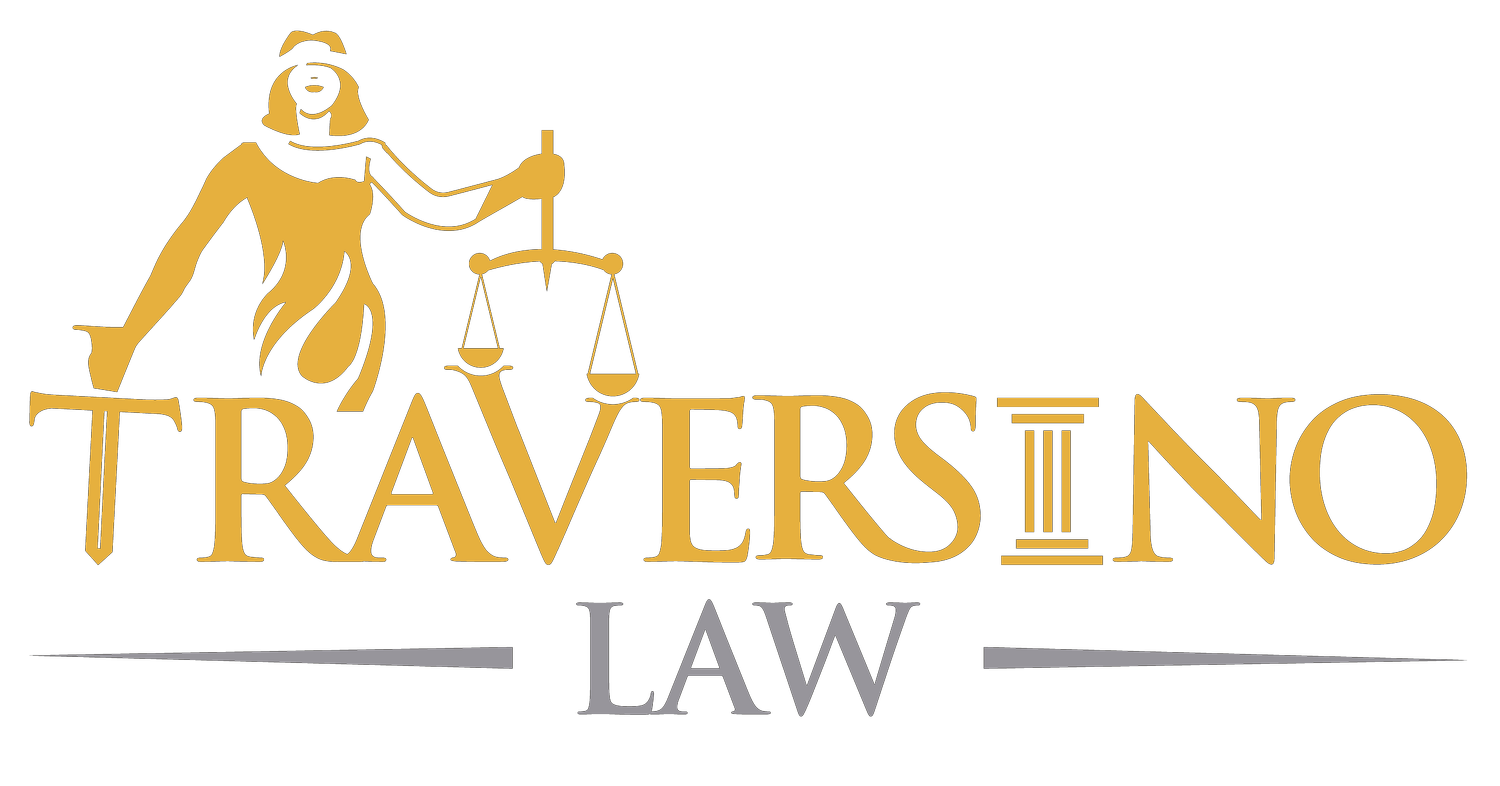Understand Trespassing in Arizona
Arizona, with its sprawling landscapes and sometimes ambiguous property lines, might seem like a place where boundaries are merely suggestions. Think again. The state takes property rights very seriously, and Arizona trespassing laws provide a tiered system for dealing with those who knowingly enter or remain where they shouldn't. Understanding these laws, from the minor oopsie to the felony faux pas, is crucial for residents and visitors alike, especially in Maricopa County. Ignoring a "No Trespassing" sign isn't just rude; it can be a criminal trespass offense with real consequences.
The Three Degrees of Criminal Trespass in Arizona
Arizona trespassing laws aren't one-size-fits-all. They are broken down into three degrees, primarily based on where the alleged criminal trespass occurred and the potential severity:
Criminal Trespass in the Third Degree
This is the foundational level of criminal trespass in Arizona. Governed by ARS § 13-1502, it typically involves knowingly entering or, more often, remaining unlawfully on any real property after receiving a reasonable request to leave from the owner or someone with lawful control (like law enforcement or security). It also covers ignoring posted "No Trespassing" signs or similar notices. Think refusing to leave a store after being asked, or lingering on private land clearly marked against entry. This is generally a Class 3 Misdemeanor, the least severe, but still a criminal charge.
Criminal Trespass in the Second Degree: Non-Residential Boundaries
Stepping it up a notch, ARS § 13-1503 addresses knowingly entering or remaining unlawfully specifically within a non-residential structure (like an office building, warehouse, or shed) or a fenced commercial yard. This Arizona trespassing law recognizes the increased potential for interference or harm when someone breaches these types of secured, non-home areas. It's classified as a Class 2 Misdemeanor, carrying potentially higher penalties than third-degree criminal trespass.
Criminal Trespass in the First Degree: Homes, Peeping, and Critical Sites
This is the most serious category under Arizona trespassing laws, outlined in ARS § 13-1504, and can escalate from a misdemeanor to a felony. It includes several scenarios:
Knowingly entering or remaining unlawfully in a residential structure (someone's house, apartment, etc.).
Entering a fenced residential yard and looking into the home in reckless disregard of privacy (think "Peeping Tom").
Entering property to unlawfully hold, work, or take minerals.
Entering someone's property and defacing or burning religious symbols.
Unlawfully entering or remaining in a critical public service facility (like a power plant or water treatment center).
Depending on the specifics, first-degree criminal trespass can be a Class 1 Misdemeanor (like peeping or mineral claim trespass) or escalate to a Class 6 or even Class 5 Felony (especially for entering a residence or critical facility). A felony conviction carries significantly heavier consequences, including potential prison time.
Factors That Can Aggravate (or Mitigate) a Trespass Charge
While the statutes define the degrees, other factors can influence how seriously a criminal trespass charge is treated:
Aggravating Factors: Entering a home (already elevated), causing property damage during the trespass (leading to additional charges), having intent to commit another crime (burglary, assault), possessing weapons, prior criminal trespass convictions, or refusing multiple clear warnings to leave can all worsen the situation.
Mitigating Factors: Conversely, factors like having no prior record, the trespass being minor and accidental (e.g., unclear property lines), causing no damage, cooperating immediately, expressing genuine remorse, or having a mistaken but reasonable belief of permission might lead to more lenient treatment or plea offers.
Defending Against Arizona Criminal Trespass Charges
Being charged doesn't automatically mean conviction. Several defenses are recognized under Arizona trespassing laws:
Lack of Knowledge/Intent: A core element is knowingly being somewhere unlawfully. If you genuinely didn't know you were trespassing (e.g., no signs, confusing boundaries, reasonable belief of public access), this can be a strong defense.
Permission or Consent: If you had explicit or reasonably implied permission from the owner or an authorized person to be on the property, you weren't there unlawfully.
Lawful Authority: Certain individuals (like process servers performing duties, emergency personnel) may have a legal right to enter property under specific circumstances.
Necessity: In rare situations, proving you trespassed solely to prevent imminent, greater harm might be a defense.
Mistake of Fact / Ownership: Genuinely believing you were on public land or property you had a right to access.
Penalties and Why You Need a Defense Attorney
Penalties for criminal trespass in Arizona range from potential fines and probation for lower-level misdemeanors up to significant jail time (for Class 1 misdemeanors) or even prison sentences for felony convictions. Any conviction results in a criminal record.
Given the varying degrees, potential felony enhancements, and nuances of defenses like "knowledge" and "permission," facing an Arizona trespassing law violation requires skilled legal help. An experienced Arizona criminal defense attorney, particularly one familiar with County Superior courts if charged there, is essential. A defense attorney can analyze the specific charge (Third Degree under ARS § 13-1502, Second Degree under ARS § 13-1503, or First Degree under ARS § 13-1504), assess the strength of the evidence, identify viable defenses, and negotiate with prosecutors or defend you in court.
Conclusion
Arizona trespassing laws reflect the state's strong stance on protecting property rights. From a simple refusal to leave (ARS § 13-1502) to unlawfully entering a home (ARS § 13-1504), the consequences can be significant. If you're facing a criminal trespass investigation or charge anywhere in Arizona, especially Maricopa County, understanding the specific degree and your rights is paramount. Don't attempt to navigate these charges alone; consult a qualified Arizona criminal defense attorney immediately to protect your future.




